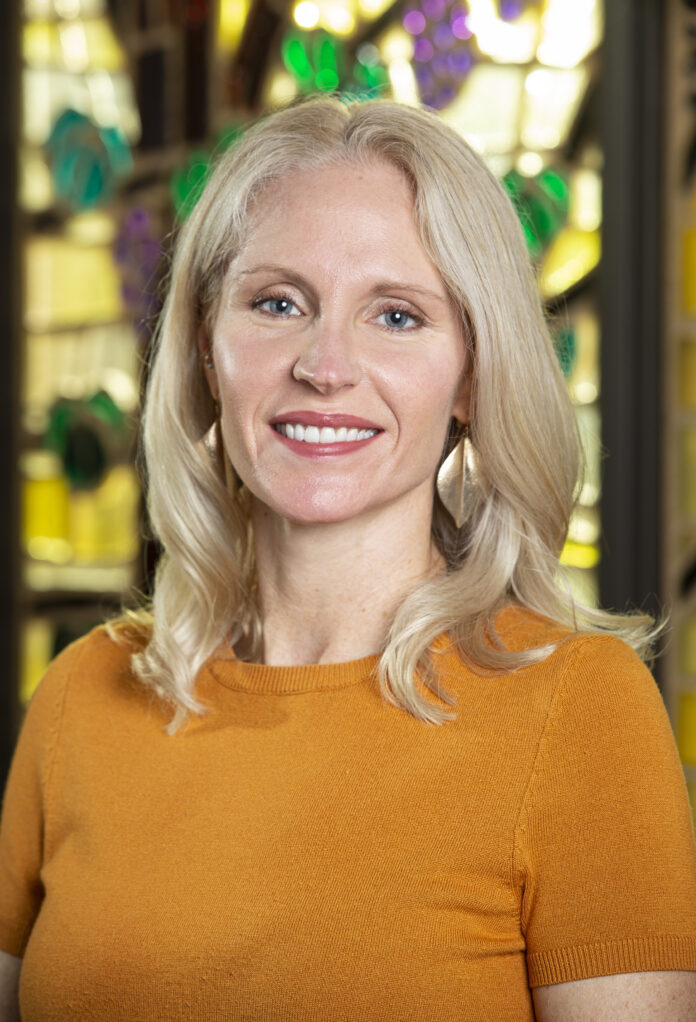By Jaime Cobb Tinsley, Vice President of Family & Professional Education
The recent report from AARP and the National Alliance for Caregiving reaffirms what we are seeing here in the Fort Worth-Dallas area: the caregiver shortage is at a crisis level, projecting that 63 million Americans are serving as home caregivers. The report reveals some staggering numbers :
1. One in four adults is a caregiver, with 94% caring for an adult
2. 29% of these caregivers are members of the sandwich generation – caring for a parent or grandparent in addition to their own children
3. While more than 40% of family caregivers provide high-intensity care, only 22% receive any formal training
4. 20% of family caregivers are in poor health, and 25% are taking on debt to care for a family member
5. 70% of family caregivers hold a job, thus causing further demands and stress on their lives
At The West Center, we have been teaching the urgency of this simple message: Care for the Caregiver. Whenever a caregiver becomes ill or is not available, a cascade of consequences will follow.
Either the loved one with dementia is left with little or no care, inexperienced family members step in to do their best to serve, or the family must now hire a professional caregiver who is new to the family and needs to earn the trust of the dementia loved one. And, of course, there is the cost of that non-family caregiver.
The anxiety that follows changes the dynamic of the home. Most importantly, the loved one with dementia may become confused and uncertain about the changes.
We are helping these caregivers by alleviating some of their stress and showing them that they are not walking this journey alone. There are valuable resources available to help family caregivers recognize that their own health is also critical.
After all, if a caregiver’s health suffers, so does the care that is provided for the family member with dementia.
“Care for the Caregiver” is an essential priority.
When I joined the James L. West Center for Dementia Care 13 years ago, I prioritized creating a six-module caregiver education program that focused on the disease and how to care for a loved one with dementia.
The curriculum emphasized the skills of earning trust, listening to and observing the loved one closely, responding to spoken and unspoken needs, and communicating well with the family.
The demand for additional dementia information led to the development of more programs, all initially presented in person on-site at The West Center, and later at local senior centers, churches, and community centers.
When the pandemic arrived, we pivoted to an online platform that has helped thousands of families from all over the state and nation become more educated and capable in caregiving.
We began producing a robust expansion, resulting in over 100 individual programs that caregivers and care organizations can access at absolutely no charge.
“Care for the Caregiver” -specific sessions
We hear daily that we are providing valuable guidance for home and professional caregivers to help them prioritize their own needs so they can better care for their family members. Our messaging helps them realize the essential value of their health.
Some of the more popular caregiver topics have been:
· Alzheimer’s & Dementia Family Caregiver Training
· Burnout and Compassion Fatigue in Family Caregivers
· Dealing with Dementia, developed by the Rosalynn Carter Institute for Caregivers
· Reducing Caregiver Stress
· Stress-Busting for Family Caregivers™
· What to Expect as Dementia Progresses
The Stress Busting for Family Caregivers™ program has earned the BPC (Best Programs for Caregiving) certification from the Benjamin Rose Institute on Aging.
After all, preventing caregivers from experiencing burnout is one of the most important roles we can play.
At The West Center, one of our core beliefs is that Someone with dementia is not a problem to be solved; that person is someone to be loved. And we feel the same way about
family caregivers. They need to be loved and appreciated for the kind and generous people they are, as they unselfishly care for their loved ones.
I encourage you to observe your family caregivers to see how they are balancing their own health with the stress of caregiving. Offer to step in and help with the caregiving responsibilities so they can have periods of rest and relief that can help them feel rejuvenated and have the energy to continue to provide care compassionately.
About Jaime Cobb-Tinsley
Jaime joined the James L. West Center for Dementia Care in 2011 after two years in Outreach & Education at the Alzheimer’s Family Services Center. As the Vice President of Family & Professional Education, she has developed over 110 modules of dementia-focused training. In addition to speaking throughout the Fort Worth-Dallas area, she also presents at state and national conferences on topics related to dementia and caregiving.
About the James L. West Center for Dementia Care
For 32 years, the James L. West Center for Dementia Care, a not-for-profit organization, has served those impacted by dementia. Established by Eunice West in honor of her late husband, James L. West, who passed away due to dementia, the Center continues to build upon its excellence in compassionate care and caregiver and dementia education by expanding its service lines to meet the community’s needs. The Center offers residential care, a Senior Day Program, Short-Term Respite Care, Short-Term Rehabilitation, and professional and family caregiver education, which was recently rebranded as Dementia-IQ Powered by James L. West.








